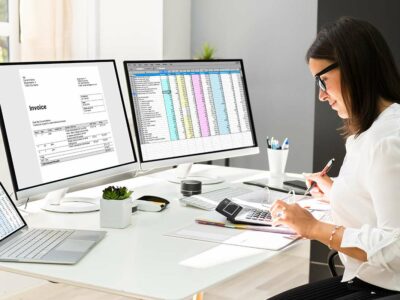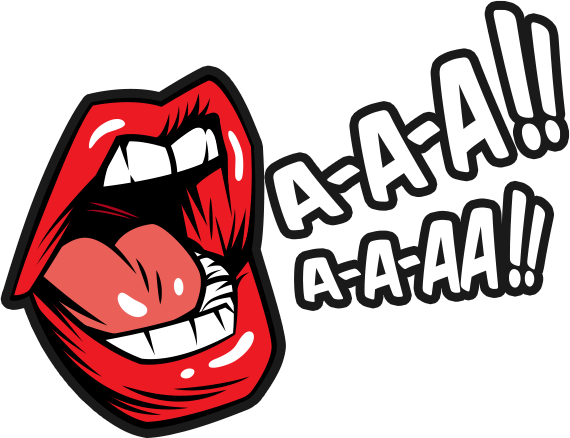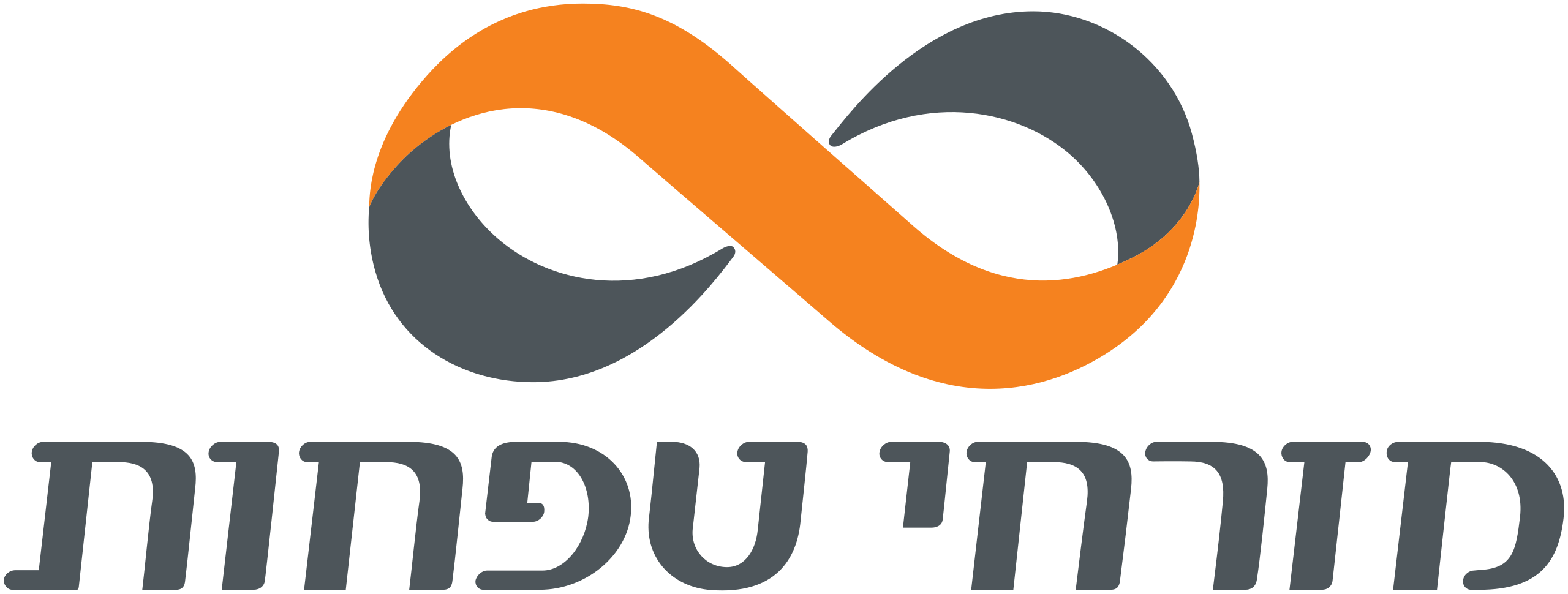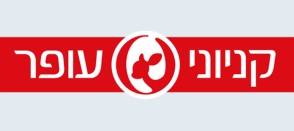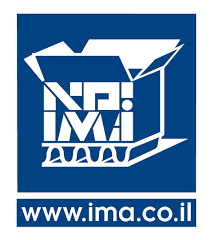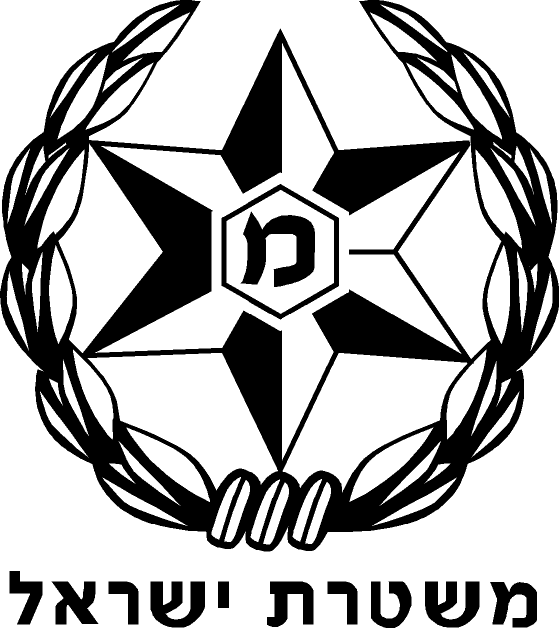They can compare historical data to current events by sharing information between departments. This information gives revenue managers real insight into rates and bookings. Hotel professionals responsible for budgeting and financial monitoring must also be knowledgeable about hotel revenue management. When it comes to hotel accounting, there are a few key things you need to keep in mind to ensure successful and profitable operations. Then there’s also the accounting itself which we have talked about, where proper financial reporting, budgeting, and forecasting are crucial. All this and more, keeping in mind that some aspects of accounting in the hotel industry are completely unique compared to other industries (we’ll discuss this soon).
With so many different factors to consider, it can be challenging to create a budget. One month a disaster could happen, causing occupancy to rise because of the unforeseen circumstance. And another could be uncharacteristically hotel bookkeeping quiet, causing food to be overstocked. Anyone invested in the hotel will want to see ASAP how the hotel did for the month, especially because the industry can be unpredictable and constantly changes.
Hotel accounting: Your property’s comprehensive guide
Hotel accountant staff simply MUST reconcile, post, and report financial activity on the daily. A word to the wise, here — many bookkeeping tasks can be automated, saving time and moolah. Automation reduces human error while boosting the efficiency of your hotel’s accounting workflow.
The right accounting solution will depend on your tech stack, level of sophistication, and growth expectations, so explore your choices thoroughly. The more your business grows, the more likely you’ll need advanced industry solutions. For example, if you’re running a group of hotels, you’ll need a property management system that can handle all of your locations from a single dashboard.
Multiple revenue streams & departments
Revenue management leaders are guiding hotel operators through this transition. The final step is preparing financial statements by summarizing what happened in each account during a given time frame so management can determine whether the company made/lost money within that month/year. Recording transactions includes every action taken by the hotel’s employees and owners during their day-to-day operations. For instance, receiving payments from checking out guests or paying bills for supplies.
M3 Unleashes Cutting-Edge, Next-Generation Accounting Platform – Hospitality Net
M3 Unleashes Cutting-Edge, Next-Generation Accounting Platform.
Posted: Wed, 01 Nov 2023 07:00:00 GMT [source]
Whichever vendors a hotel has, it’s crucial they follow company culture, standard operating procedures, and hotel guidelines. Hotels tend to have vendors for alcohol, food & beverage, transportation, guests’ supplies, and more. Another factor that impacts occupancy rates, and in turn, room costs, is the season.
Best Practices For Hotel Accounting
You simply need to save a few moments to know how adaptable your hotel management system is and you can deal with your billet in the most demanding way you can. Bookkeeping for the hospitality industry is far beyond finishing finance and getting ready data prepared for your bookkeeper. Payment should be followed, staff must be rewarded, the charge must be accurately recorded, and you should know about the income status of your business consistently. Regardless of whether you’re running a bar, lodging, cafe, bistro, overnight boardinghouse, or some other specialty section of the cordiality business, your patrons anticipates quick, cooperative, and fruitful help. Record, identify and avoid any unusual transactions, caused by your regular routine of financial accounting flaws. Integrate your hotel PMS to fetch all properties’ sales, receivables and statistical data into Nimble’s hotelier-books automatically.
Most franchise hotels make it mandatory to stay with certain vendors to get the “branded” items, making the selection of vendors slim. Hotels receive a lot of invoices, especially since there are so many departments and moving parts in a hotel. According to our data, manually processing invoices can cost between $12 and $30 each. Each category needs to be analyzed monthly, and an accountant should figure out what should or should not change for the next month.



